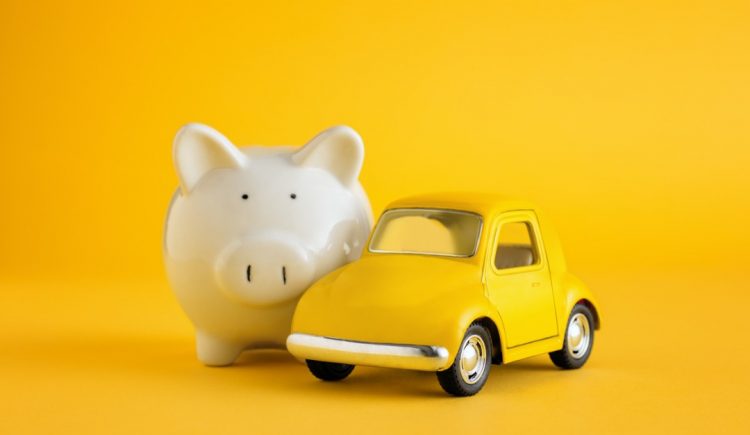If you’re interested in purchasing a new vehicle, you have to consider more than just a monthly loan payment. When you factor in all the other costs associated with owning a vehicle, you may realize that the brand-new car you’re considering is outside of your budget.
Consider the Total Cost of Car Ownership
When you own a car, you have to cover a lot more than just a loan. For one thing, you’ll need to pay for gas. Since vehicles vary widely in terms of fuel economy, even a car with an affordable loan payment may cost you a lot for fuel.
Insurance is another item that can stretch your budget beyond your comfort zone. Before you buy a vehicle, learn how much it would cost to insure it. You can get quotes online to find out if a car you’re considering would be affordable or, once you’ve narrowed your choices to a few vehicles, you can compare insurance premiums for all of them to help you make a final decision.
Cars need maintenance and repairs. Even if you buy a new car with a warranty, it won’t cover routine maintenance, such as oil changes. The warranty may expire in a few short years. If you keep the car past that point, you’ll have to pay for repairs yourself. Research the vehicle you’re considering and find out if that particular model tends to experience certain types of problems and how much it costs to fix them.
Depreciation is something that many people don’t consider when shopping for a new car. All vehicles lose value over time, but new cars depreciate at a faster rate than older ones. Rates of depreciation vary from one make and model to another. There isn’t much you can do to slow depreciation, but you can look for a type of vehicle that tends to hold its value so you’ll be able to get a good price if you decide to sell it or trade it in later.
Figure Out If the Car You Have in Mind Is Really Affordable
It’s generally a good idea to limit your vehicle-related spending to about 15% of your net income. Once you’ve estimated the total amount that it would cost you each month to own a particular vehicle, you may realize that it would be a stretch.
In that case, you may be better off going with a new vehicle that’s smaller, that gets better gas mileage or that will cost less to insure. Purchasing a used car that’s in good condition is another way to save money. If you buy a used vehicle that’s still under warranty, that can help you keep your repair costs down, at least at first.











